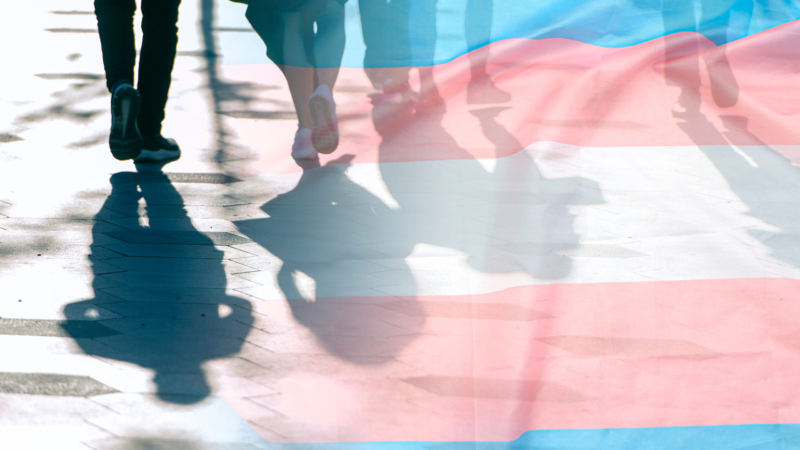Do No Harm Urges Benevity to Ditch SPLC’s Discredited ‘Hate List’
Benevity is a software company that provides a platform to facilitate companies’ charitable giving efforts to nonprofit organizations.
However, Benevity uses a so-called “Hate List” and “Hate Map” developed by the Southern Poverty Law Center (SPLC) to vet the nonprofits deemed eligible for corporate charitable giving and employee matching programs. The SPLC fully supports radical identity politics, branding efforts to fight back against discriminatory DEI practices and gender ideology as somehow hateful.
And at some point, the SPLC designated Do No Harm as a “hate group.”
Do No Harm, along with 11 other similarly-branded organizations, is signing onto a letter urging Benevity to immediately cease relying on this discredited and harmful list.
“By relying on these partisan designations, Benevity legitimizes a severely biased blacklist that inspires violence, urges discrimination against mainstream organizations, and undermines the spirit of charitable giving,” the letter reads.
The letter then cites examples of groups that have been falsely deemed hateful by the SPLC and subsequently subjected to violence.
“Just one day before the assassination of its founder, Charlie Kirk, the SPLC featured Turning Point USA in its Hatewatch newsletter,” the letter reads.
Do No Harm believes that children should not be subjected to dangerous, life-altering medical procedures in the name of “gender affirmation.” Labeling such ideas as “hateful” is clearly intended to silence the voices of those who stand for evidence-based medicine and the safety of children.
“As organizations that have been unjustly placed on the SPLC’s “Hate List,” we call on Benevity to immediately, publicly end its use of the SPLC’s Hate List and Hate Map, adopt a viewpoint-neutral process for nonprofit eligibility, and restore access to organizations unfairly excluded,” the letter reads.
It’s essential that radical ideologues intent on silencing those of us simply fighting to protect children cannot exert this kind of influence.
As Do No Harm’s Director of Research Ian Kingsbury said: “What’s more malicious: Trying to protect people from bad medicine, or trying to destroy the reputation of groups that don’t toe your ideological line?”




